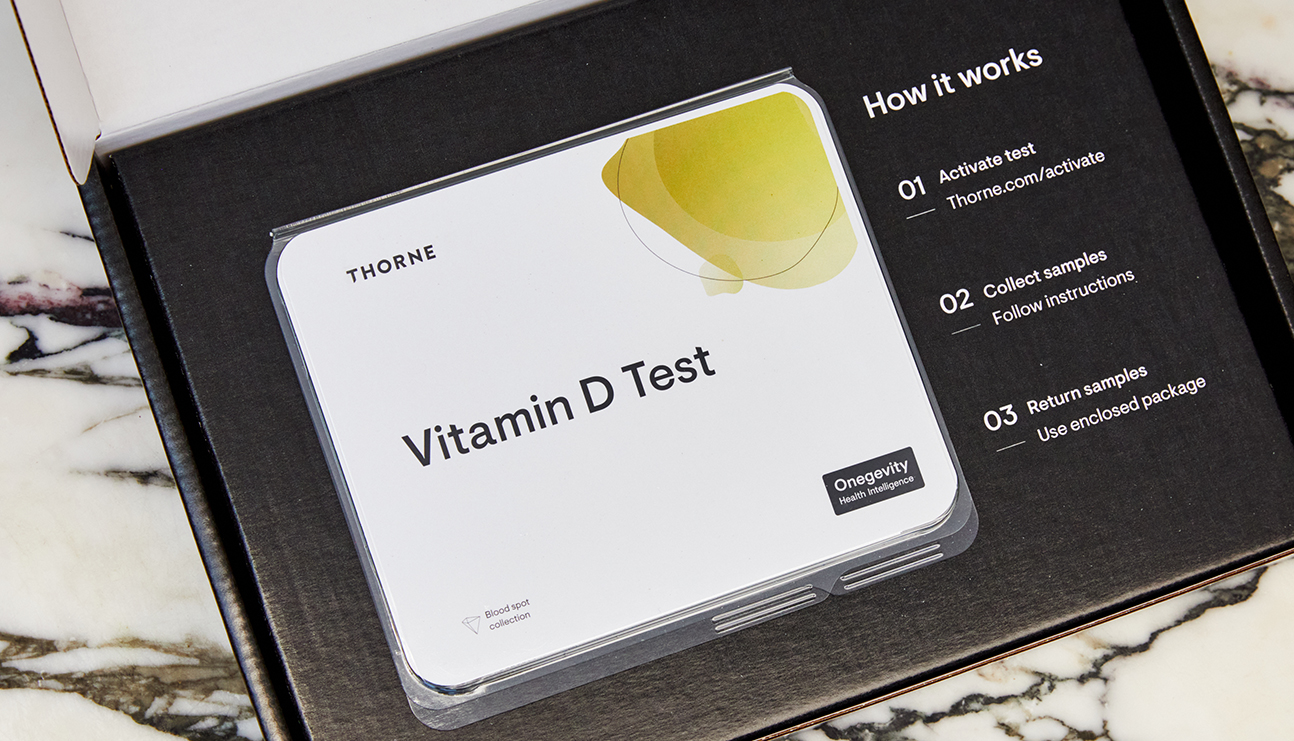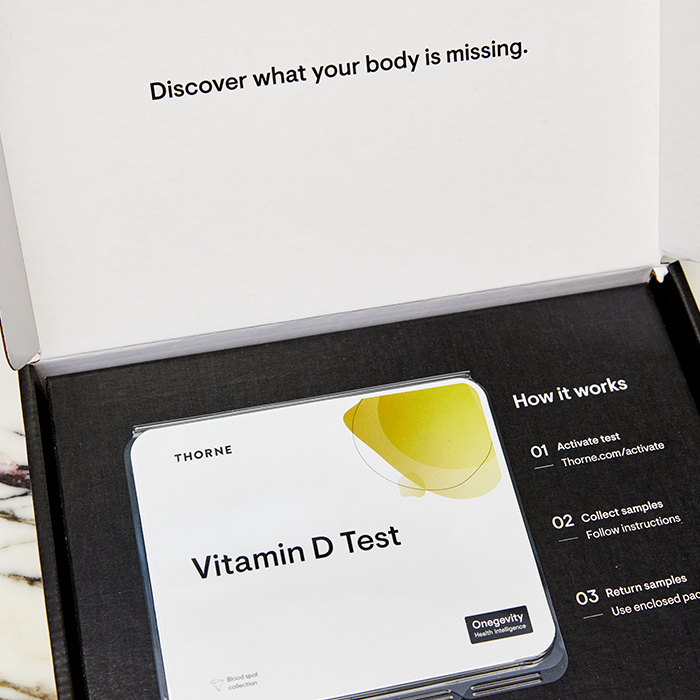How Vitamin D Affects Your Skin
It is estimated that 1 billion people have low vitamin D levels. By now, we should all know how vital vitamin D is for our overall health, but what you may not know is that it’s also super important for your skin.
By ensuring your body has the vitamin D levels it needs to function at its best, you’ll also be doing your skin a favor because vitamin D deficiency causes inflammation and poor immune system function. Low vitamin D levels can also impact your skin barrier and worsen inflammatory skin disorders like rosacea, acne, and eczema.
Here’s what an adequate amount of vitamin D does for your skin:
Benefits of Vitamin D for Skin
Controls Inflammation
Vitamin D is used in some topical creams for vitiligo, psoriasis, and eczema, but for most people, making sure you have adequate vitamin D levels in your body is sufficient for keeping systemic inflammation under control.
Strengthens the Skin Barrier
When you have a healthy immune system, you’re more likely to have a healthy skin barrier. Without that healthy skin barrier, you’re at higher risk of dryness and infections.
Decreases Environmental Damage
Vitamin D is an antioxidant, which means it fights environmental stressors that cause premature aging of the skin.
Promotes Healthy Cell Turnover
Vitamin D analogues have been shown in research to normalize cell turnover, preventing the dead cells from building up on the surface of the skin, which leads to psoriasis plaque.


The Best Way to Get Vitamin D
The best way to get your fix of vitamin D is to spend time outside—and yes, we mean without sunscreen. Experts recommend going out sans sunscreen for a few minutes, then applying it for protection once you get your dose—10 to 15 minutes per day for those with light skin, 15 to 20 minutes for anyone with naturally tan skin, and possibly up to one hour for those with darker skin.
While this is the best and most accessible way to get vitamin D, it can be challenging to rely on this method year-round due to seasonal changes. That’s why it’s essential to supplement.
How You Can Tell If You Are Vitamin D Deficient
Having a low vitamin D level is often asymptomatic. That’s why the only way to know if you are, in fact, deficient in vitamin D is to be tested. In the past, you would have to go to your doctor and have a test ordered to measure your vitamin D levels, but now, you can measure your levels from the comfort of your home.
Thorne makes this easy Vitamin D at-home test! You take your sample from the comfort of your home, then submit your sample to the laboratory via a prepaid mailer. An independent, board-certified physician reviews your lab work, and you get your results, along with meaningful insights and personalized recommendations in 8-10 days.
Challenge: Order your at-home vitamin D test today and find out if you are deficient!
At-Home Vitamin D Test
This at-home blood test will provide health insights by measuring your level of vitamin D. Results include a personalized health plan.
Get the vitamin D test for 15% off TODAY!






